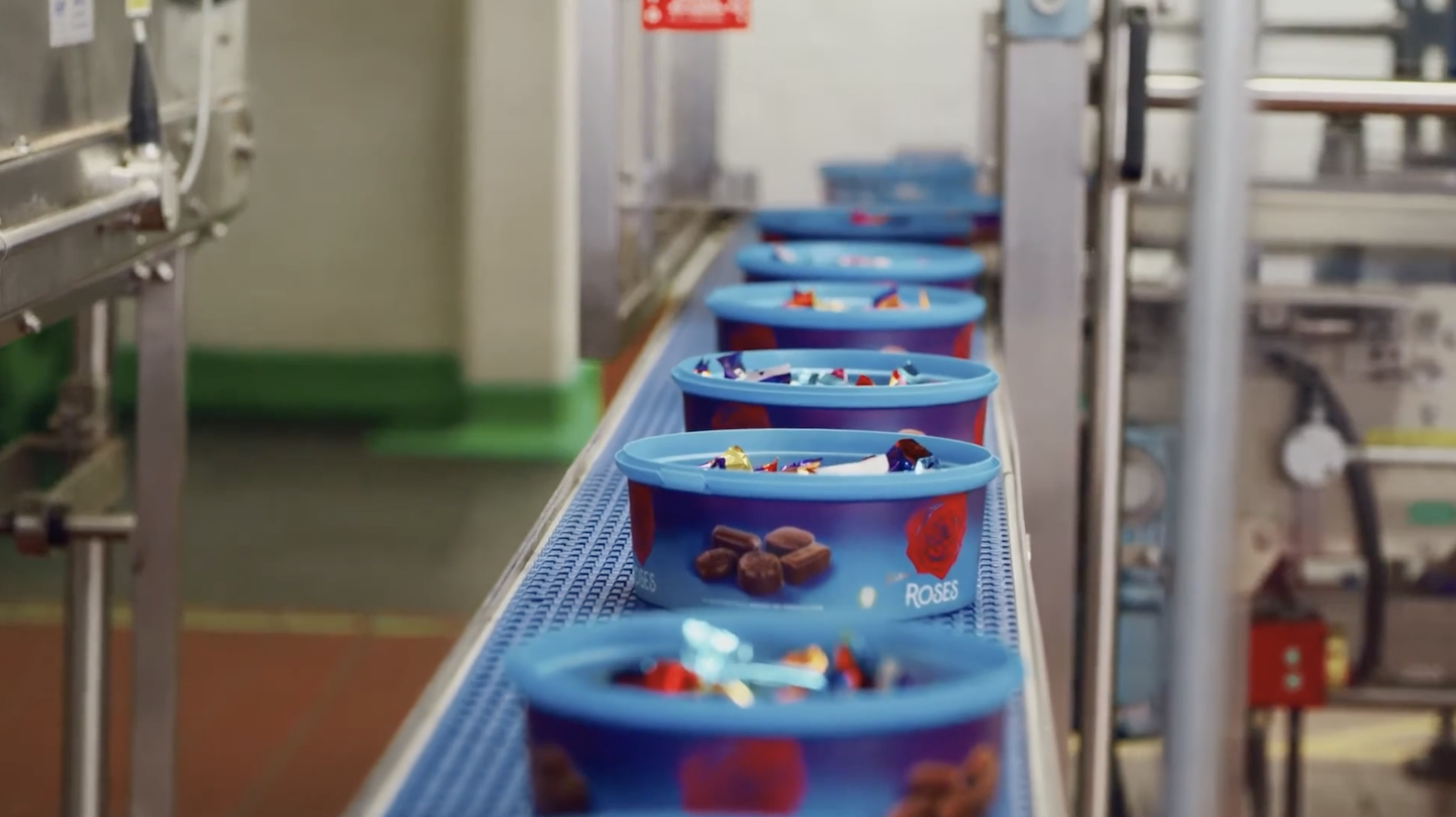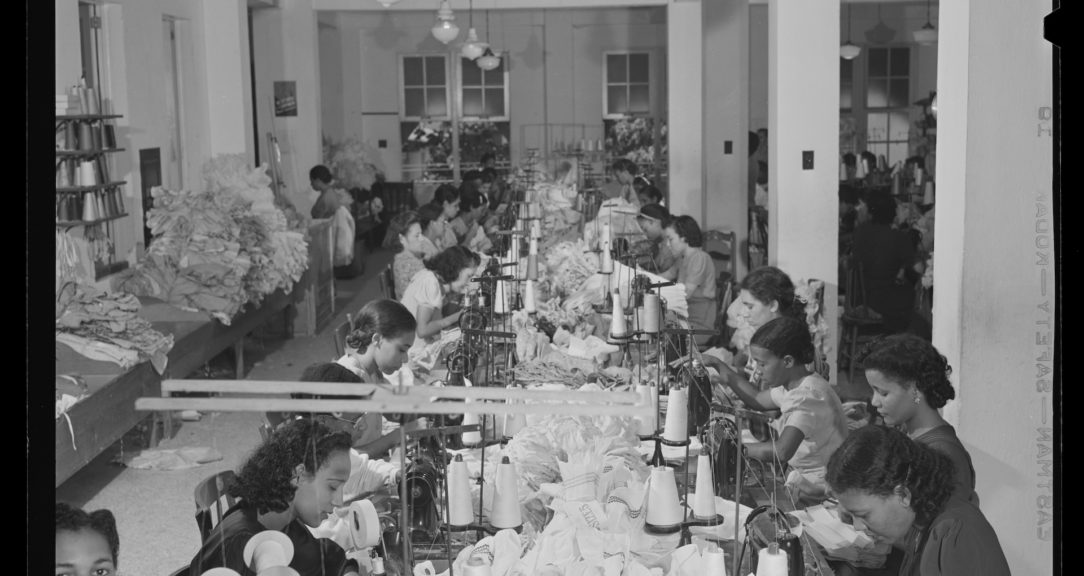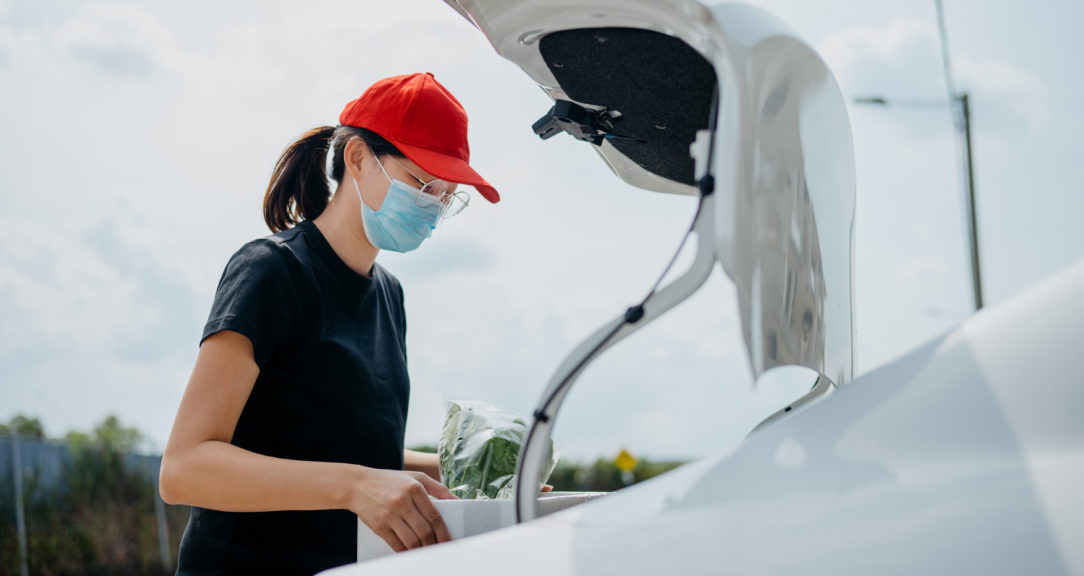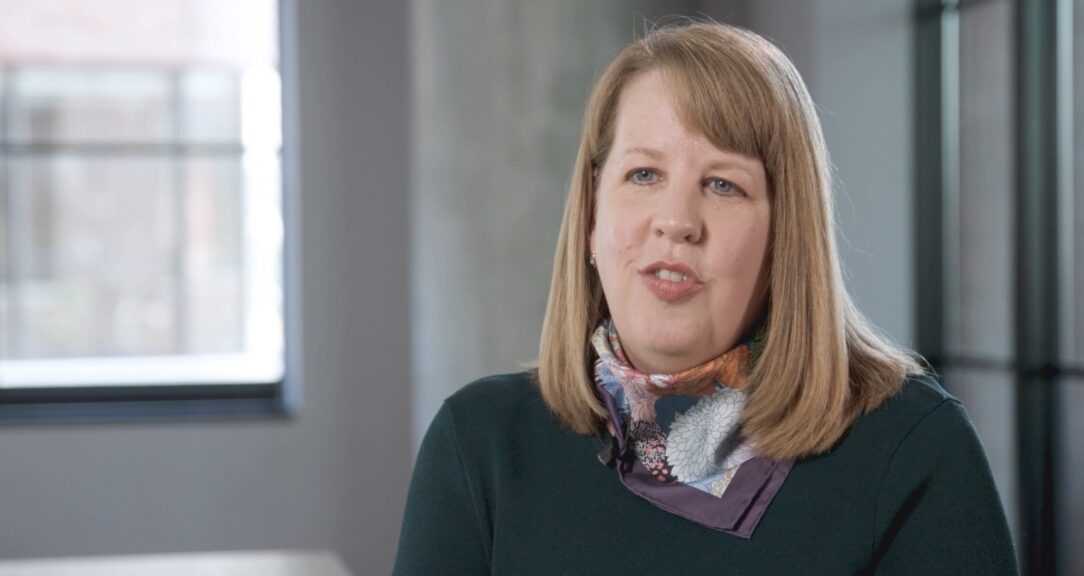Volker Schrank, Senior Director, HR Technology & Employee Experience at Mondelēz International, is proud to work for a company that delights customers in 150 countries worldwide.
When Schrank was looking for a payroll provider that could handle its extensive global footprint — Mondelēz has 90,000 employees in 82 countries — he initially had a hard time making the business case for such a huge payroll overhaul. But then a ransomware attack made the business case for him.
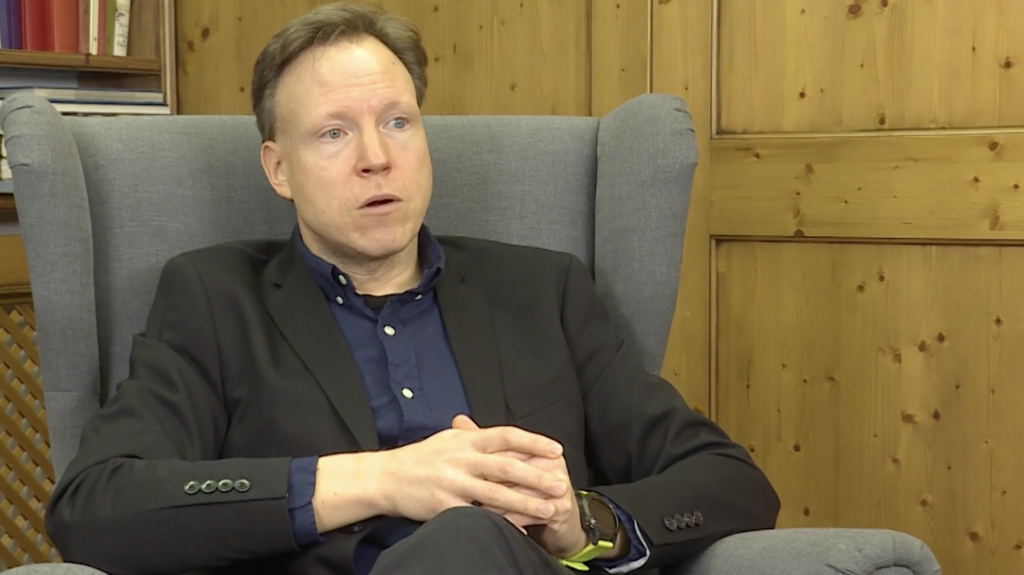
ADP ReThink Quarterly: Can you tell us a bit about your background and how you ended up at Mondelēz?
Schrank: My background is in consulting. Before Mondelēz, I worked for more than 10 years for Accenture and did management consulting in the HR space. During that time I actually never consulted in payroll. Eventually I started a family and wanted to reduce traveling, and Mondelēz was a client at the time. They asked me to help build up global business services for HR.
I like the culture, the people, and love the products, particularly Milka! Most people don’t know Mondelēz, but everyone knows and loves our brands. Just have a look at the kitchen: Philadelphia, Cadbury and Oreo, for example — that’s Mondelēz.
ADP ReThink: What keeps you excited about the company?
Schrank: Our products are pure emotions. This is why I love them. We have a factory in Austria where they produce chocolates sold around Christmas in Spain — the only place where they make this chocolate. And I have Spanish friends living in Munich, where I’m based. Just before last Christmas, I was visiting the factory, so I brought some of this special chocolate back to my friends.
And when I gave it to my friend, she started crying. She said, “Oh my God, my childhood! I can’t go home this year to my family, but you brought my childhood.” This is the emotion that our products bring. And I’m very proud about that.
ADP ReThink: And what is it about payroll specifically that you love?
Schrank: Around 50% of our employees are working in developing countries, and 50% of our workforce are core workers who work in manufacturing. And for them, every paycheck is important. Every paycheck has to be correct, and whether it’s on time makes a huge difference in their lives. It determines whether they can buy food, pay important bills, send their kids to school and much more. This is why I like to be in payroll. You truly make a difference in people’s lives.
ADP ReThink: What did payroll look like at Mondelēz when you started?
Schrank: When I joined, I had colleagues that looked after the different processes that we wanted to deliver via our business services organization — but no one took payroll. So I said, “Sure, I’ll take up payroll as well.” It was very dispersed in our company before — it was in HR, in general administration or in finance.
So back in 2015, the first thing I did was figure out our current status. How did we run payroll? I had no idea. We were trying to pay people across 82 different countries, and we were doing this 66 different ways. Everything was different. And I was thinking, “This cannot be the right approach.” So what I did was figure out where I could get more information about how payroll should be run.
I wanted to know: What is the future model? What is a resilient and safe and secure way to run payroll? The best practice is to give it to someone who specializes in that. That made sense, and so we started to look into this globally.
ADP ReThink: What challenges did you encounter early in the process?
Schrank: We quickly found that with our reach, there were hardly any vendors that could do this worldwide. And it was very expensive from a project perspective as well as from a future operating costs perspective. We stopped looking at payroll globally but had an urgent need in Latin America to exchange some of our vendors that were no longer reliable.
We were able to make the case in Latin America for a single model and got approval for that region. We then tried to do the same in Europe, but the financial case wasn’t as easy to make there.
But then a global malware attack called NotPetya happened — and it also hit us, impacting many of our systems, including our in-house payrolls. Suddenly, paying our employees was a huge challenge, because our whole infrastructure was impacted.
That was a real struggle. The teams had to go into business continuity planning mode, and we needed to find the best solution for each and every country. It meant long days and long weeks for all our payroll teams as well as our IT teams.
It took us around three months to get every country back up, running and in a state of stability. The shock of this situation was felt across the company. The inability to compensate our own employees while they were going the extra mile to get overall operations back on track was not a good feeling. It was the first time our payroll timeliness and accuracy fell below 99%.
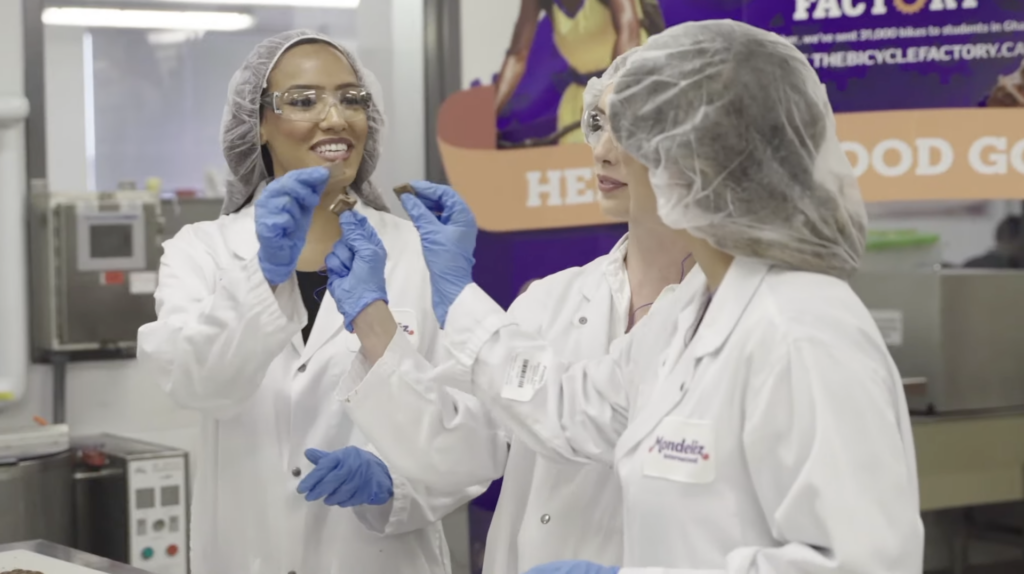
ADP ReThink: How did you work with ADP to avoid another crisis?
Schrank: Everyone suddenly understood that we could not leave payroll the way we had it. The world had changed, and we needed to adjust our infrastructure and ways of working to maintain a strong and secure payroll position. In the end, if payroll doesn’t run well, it impacts the whole business.
This is the worst-case scenario, and we were only lucky that our employees understood that the situation we faced with the malware was nothing we could have influenced beforehand. The first time, you’re not ready for a malware attack — and it is accepted. But if you’re not ready for it the second time, now you are to blame — and no one will understand if you need to compromise on payment accuracy or timeliness.
In the end, if payroll doesn’t run well, it impacts the whole business.
This allowed us to justify the investment of moving to ADP. During our conversations ahead of the malware incident, ADP was regularly outlining the strength of their cybersecurity practice. At that point, I thought, “This is nice to have,” but I didn’t think it would be one of the key elements of getting the project approved.
With the fresh memories of how critical and fragile our payroll services were, we were able to make not just a financial case, but a security and business continuity case for going with ADP.
Our relationship with ADP was strong even before we had signed any contract. They were also supporting us as much as possible during the malware incident.
We were pretty clear early on about what we wanted to do with ADP. We wanted to go for a regional contract to get all our European countries into ADP-delivered payroll. But before we were able to sign off on the whole region, we asked ADP if we could start with just Poland first, because our payroll system in Poland was still unstable after the malware attack.
ADP said yes straightaway. And so we quickly negotiated a one-country contract to secure our Polish payroll. Once we had this done, we worked on the regional contracts for the rest of Europe. Of course, we were not only talking to ADP at the time; we also looked at our current providers in other countries. But these other companies had said, “No, we won’t give you Poland separately. You have to sign all of Europe first.”
ADP didn’t even ask; they just wanted to help from day one. They said, “We’ll give you the same conditions as Europe, and we can start implementation. You need help and we are there to help you.” No one else was saying this.
In the end, the two main reasons we went with ADP were the cybersecurity unit and also their way of doing business. The biggest success is that we didn’t sign up for a service provider. What we signed up for — and what we are in — is a partnership.
ADP ReThink: And what does partnership mean to you?
Schrank: Partnerships grow and change every day. They’re about being in something together — working on things together and making sense of new situations. This is what I really like about our collaboration with ADP.
We just acquired a very big company in Europe, and we’re now integrating them into our business. That means integrating 5,000 employees into all of our platforms and also our payrolls — increasing our headcount in Europe by 25%. If we didn’t have ADP in the countries where we need to onboard the employees, I have no idea how we could’ve dealt with it.
But having ADP, it was very easy to start this conversation and be thinking about how to get this done very early on. We were thinking about the integration before we had even announced it officially — before it was clear that it would all work out.
Contact ADP to discover how your organization can innovate and streamline your global payroll processes.
Read more
Sign up to keep up to date with ReThink Q.
